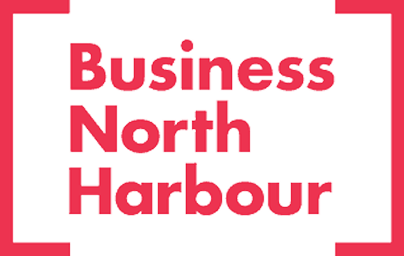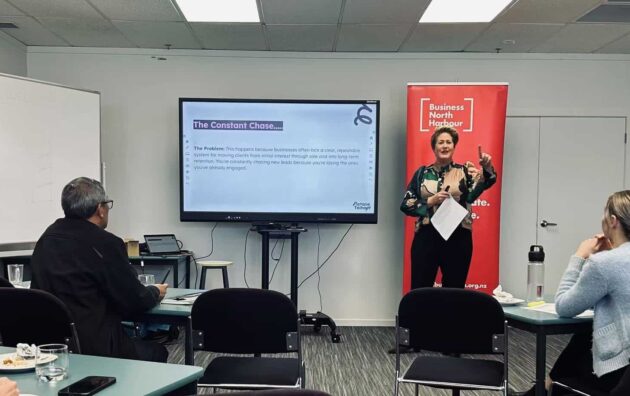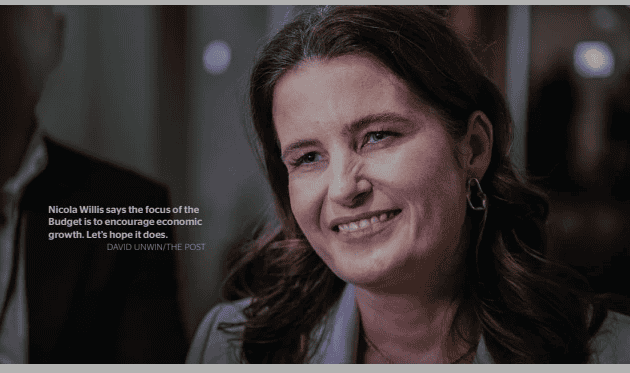Change and uncertainty can take their toll on a business and its people. You and your workers may feel anxious or stressed about the future.
It may feel difficult to talk with employees about their wellbeing and about challenges facing your business. But it’s much worse to avoid these conversations. Here’s a round-up of tips and helpful resources from those in the know.
Support your team
Change is a common cause of stress and anxiety at work, especially sudden and unexpected change. This is exactly what the COVID-19 pandemic has forced on all businesses.
Supporting your people and treating them fairly is not just the decent thing to do. It’s required by health and safety and employment laws. Plus it makes good business sense. Workers who feel happy and safe are more productive and more likely to represent your business in a positive light.
Business benefits of good mental wellbeing — Wellplace
Small business wellbeing report — Xero
Coping with COVID-19: Tips for businesses — Wellplace
Take care of your own wellbeing
Boss burnout: Spot warning signs in yourself
Supporting your staff through personal challenges
Personal challenges at work: how to support your staff
Five Ways to Wellbeing
Five Ways to Wellbeing — Mental Health Foundation
Be open and honest
The best thing you can do is to talk openly and honestly. This might be in one-on-one check-ins or in team talks, depending on the topic and any need for confidentiality. Be supportive. Remember everyone’s situation is different. It’s OK not to have all the answers. But do assure your staff you’ll give updates and share information as it comes to hand.
The aim is to help your people manage stress levels and prepare for what might be to come. Make sure you know the warning signs of stress — you’ll find helpful factsheets on the Mental Health Foundation website.
Minimising and managing workplace stress — Mental Health Foundation
Supporting wellbeing
It helps to regularly and openly talk about wellbeing. Let everyone know it’s common to feel stress, anger or anxiety in uncertain times.
Regularly remind your people where to find support. This could be:
- regular wellbeing check-ins with you or a trusted colleague
- advice from their union, if they belong to one
- online wellbeing and mental health resources
- free and confidential counselling services, such as call or text 1737.
Counselling may also be available via an employee assistance programme.
It’s a good idea to put wellbeing practices into place. Ask your team what will help them find balance and boost wellbeing. Try using the Mental Health Foundation’s Five Ways to Wellbeing as a guide:
- Be active, eg team yoga class or walking meetings.
- Give, eg fundraising to support a local charity.
- Take notice, eg deep breathing exercises.
- Keep learning, eg on-the-job skill sharing.
- Connect, eg shared lunch or team bake-off.
Try putting up a poster showing warning signs of stress and tips to improve wellbeing — check websites like Wellplace and the Mental Health Foundation.
Workplace wellbeing during COVID-19 — Mental Health Foundation
COVID-19: Creating a safe and supportive work environment — Wellplace
Someone with high wellbeing feels good, functions well, is satisfied with life, develops as a person, and has strong relationships.
This is how the Mental Health Foundation defines wellbeing.
Talking about cost-cutting
Many businesses are having to make hard decisions about how they operate, whether it’s reducing hours, redundancies, or changing how they operate. All directly affect your employees, with the potential to affect their finances, working relationships, home life and wellbeing.
Communicate clearly and often, with information that’s simple to understand, relevant and factual. Emphasise care for each other and solidarity. Don’t offer false hope or reassurance. If there’s nothing new to communicate — or you are still working out plans — let people know.
Consulting with your workers helps ease the stress of uncertainty. It’s also a required part of any restructuring process or other changes to people’s employment conditions.
You might be able to offer alternative benefits or make changes that help your business and your employees. For example, it’s a good idea to review and update how you handle leave, flexible working, and health and safety. This may involve updating any written policies or procedures. This is a good opportunity to engage your staff and let them in on the behind-the-scenes operations.
You may also need to review and update your employment agreements. Try our online tools to build plain English policies and employment agreements.
Source: https://www.business.govt.nz/news/talking-with-your-team-about-uncertain-times/

























